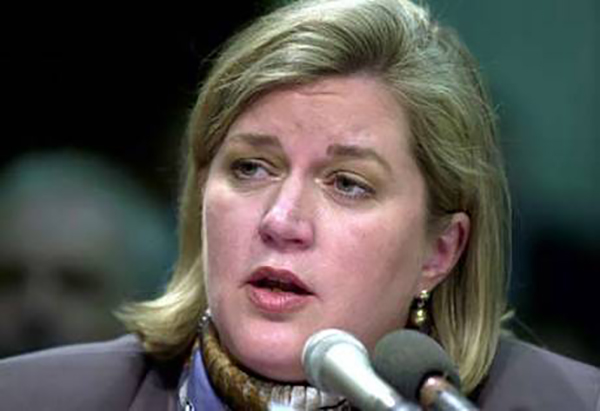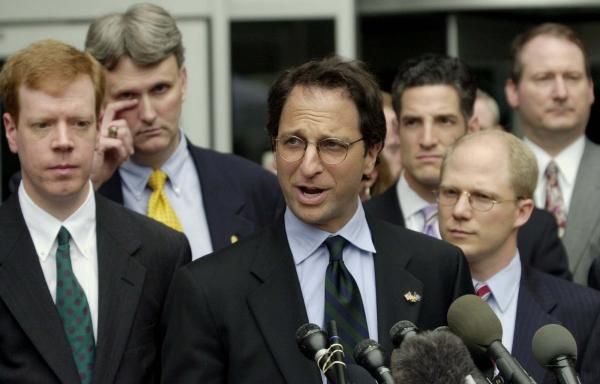 We Americans do love our myths, as the Wall Street Journal reminds us this week with its glowing 10-year anniversary (!) tribute to Enron “whistleblower,” Sherron Watkins.
We Americans do love our myths, as the Wall Street Journal reminds us this week with its glowing 10-year anniversary (!) tribute to Enron “whistleblower,” Sherron Watkins.
Of course, even a cursory review of the facts demonstrates that Ms. Watkins is not – and never was — a whistleblower.
Nevertheless, the nation’s leading business newspaper persists in a myth that is demonstrably wrong. In fact, the Journal’s coverage of Enron was questionable from the start.
Why is that?
Well, such levels of disingenuity are rarely attributable to one or even just a few factors, but Dio Favatas notes an interesting aspect of the Journal’s coverage of another business executive – Frank Quattrone – whose stellar career was sidetracked by a dubious prosecution.
You may remember the Quattrone prosecution – a paper-thin case in the Enron mode that should never have been pursued. After Quattrone was convicted in a farce of a trial, the Second Circuit resoundingly reversed the conviction. Quattrone eventually settled with the prosecution in a favorable deferred prosecution agreement under which he admitted no wrongdoing whatsoever.
You would think that the injustice that was heaped upon Quattrone before the Second Circuit intervened would give the Journal pause regarding its demonization of Quattrone before, during and after the trial. But as Favatas chronicles, the Journal instead continues to attempt in a sophomoric manner to make Quattrone out to be something other than the hard-working, talented and successful investment banker that he is.
To make matters worse, in doing so, the Journal assigns a reporter to write the story who has a financial interest in making Quattrone appear to be a shady character.
Clarence Barron founded the Journal in the early 20th century on the personal credo that the Journal “must stand for what is best in Wall Street.”
It is sad to see how far the Journal has drifted from that salutary foundation.
Like this:
Like Loading...





